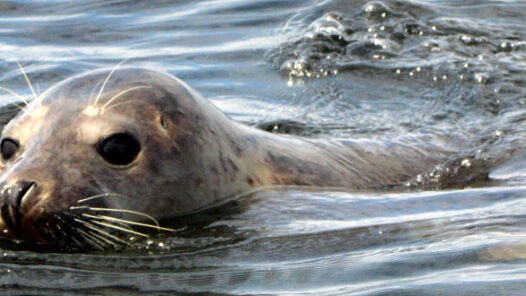The emotional appeal of handwriting and the emotional reveal of animal phrases. Should children be taught cursive writing in school, or is their time better spent studying other things? A handwritten note and a typed one may use the very same words...
If you catch your blue jeans on a nail, you may find yourself with a winklehawk. This term, adapted into English from Dutch, means “an L-shaped tear in a piece of fabric.” And: What’s your relationship with the books on your...
It’s cats and dogs, and a few other critters, too. Animals prowl around inside several English words, including sleuth, which was originally sleuth-hound, a synonym for bloodhound. Plus, the language we use with our pets and the ways they...
A magnificent new book celebrates the richness and diversity of 450 years of written and spoken English in what is now the United States. It’s called The People’s Tongue, and it’s a sumptuous collection of essays, letters, poems...
When Ana first arrived in the United States from Hungary, she was taken aback when someone greeted her with the idiomatic expression How’s it hanging?. She was also puzzled by the expression trim the tree meaning to “adorn a Christmas...







